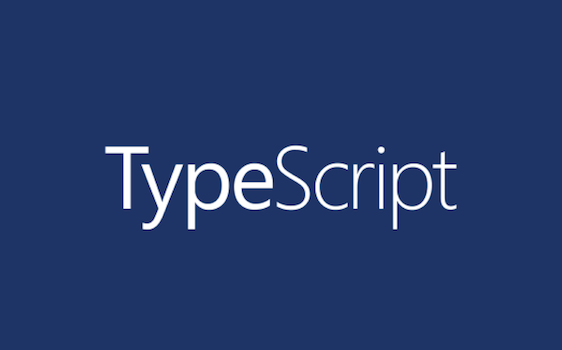
Tool making - Trial&Error
The pursuit of entrepreneurship is hard. Coming up with an intellectual statement, using it to convince people to help you turn it into reality, potentially convincing investors to give you money and then having to convince even more people to join, this is all hard work. It requires vulnerability which is a test (and a growth factor) for one’s confidence. The impostor syndrome is a very common occurrence.
To navigate self-doubt and the huge amount of noise floating around I always remind myself that I am a tool maker. The companies that I’m trying to build are meant to put tools on the market. Tools have a more pragmatic and realistic and easy to grasp definition: A tool helps people handle specific tasks better.
To measure the quality of a tool one has to look at how people are traditionally solving a task and how does the proposed tool impact that. If the tool helps people to solve the task easier, faster and with more precision than you’ve probably got a good tool.
Now, obviously, there are different levels of abstraction and complexity to both the tasks and the tools that we’re dealing with in today’s society. A can opener is a tool. Open AI’s GPT3 is also a tool. Regardless, it is almost as easy to spot a good can opener as it is to spot a good “autoregressive language model that uses deep learning to produce human-like text”. You just have to put the tool at work.






















